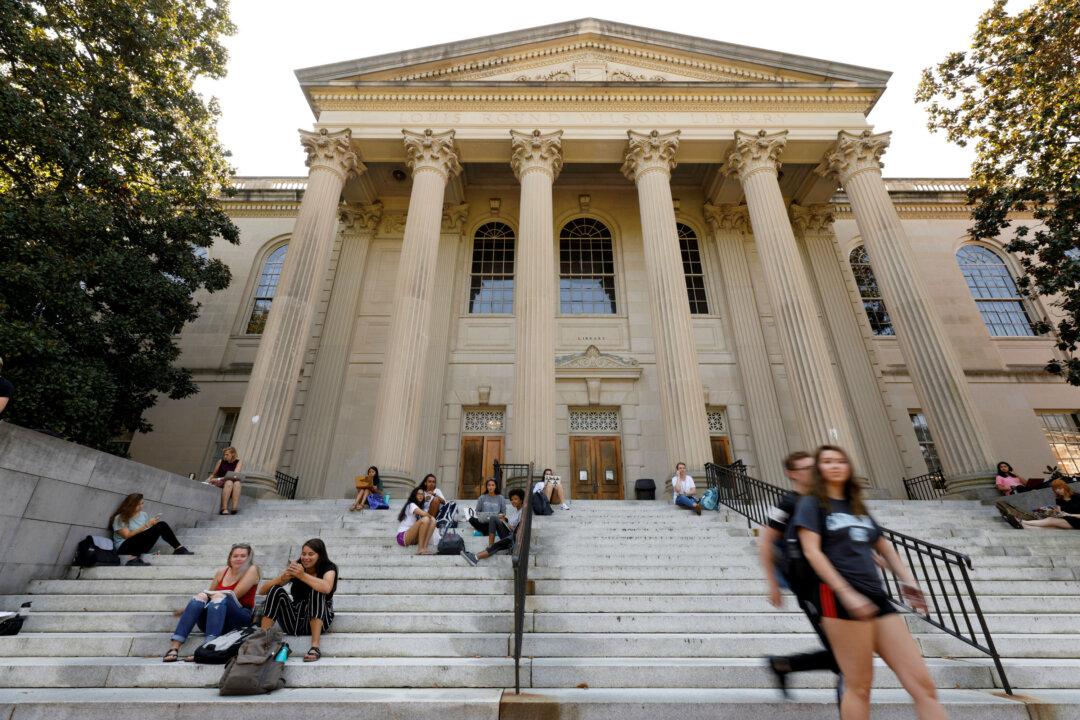A nonprofit advocating for a race-blind America vows to take its pushback on the diversity, equity, and inclusion (DEI) initiatives in medical schools to a new level: asking leadership to admit the harm of DEI to medicine.
Earlier in May, the efforts of Color Us United (CUU) and its partners drove the University of North Carolina (UNC) system to end its task force integrating social justice into the medical school’s curriculum. That made UNC the first medical school to do so.



